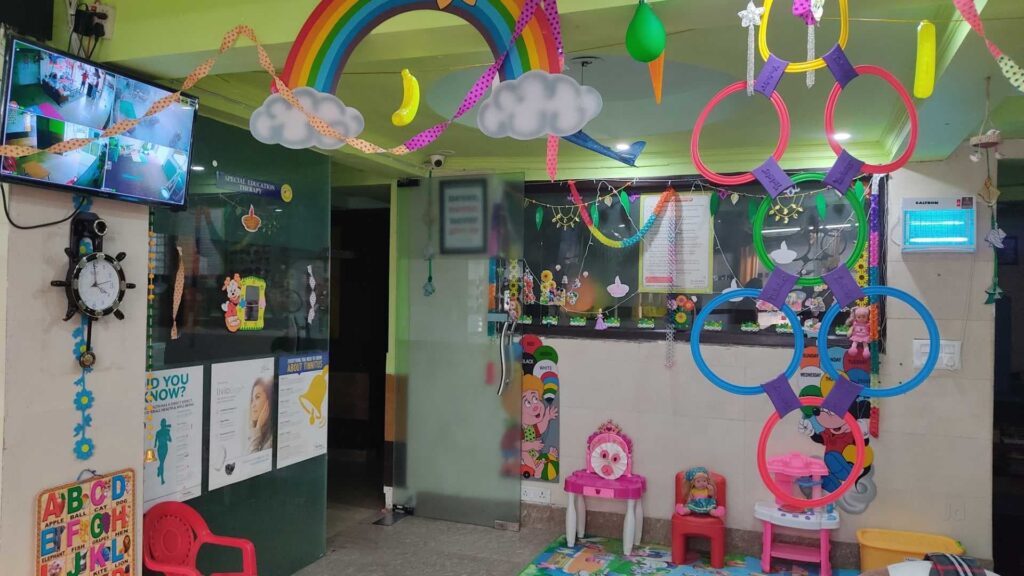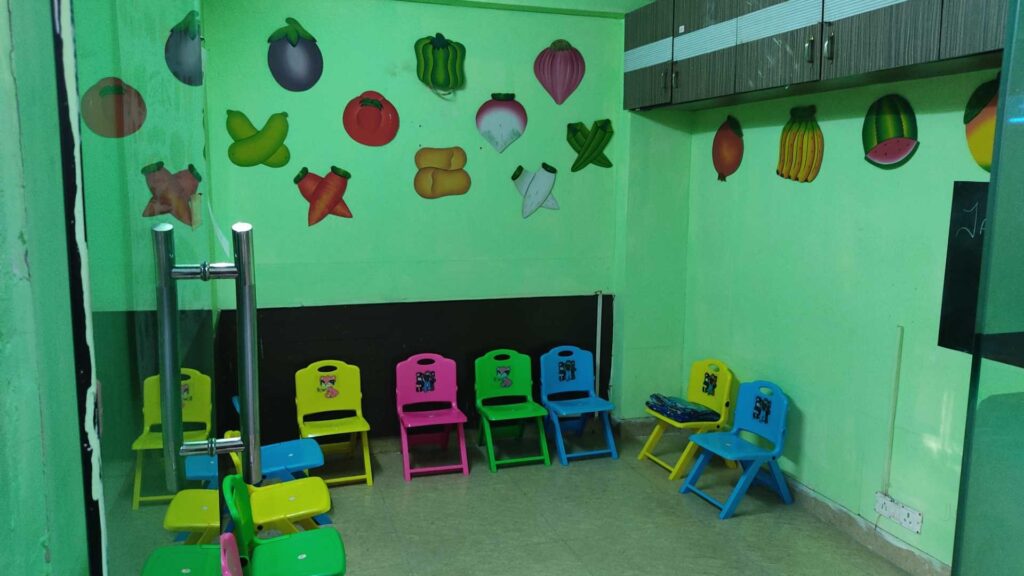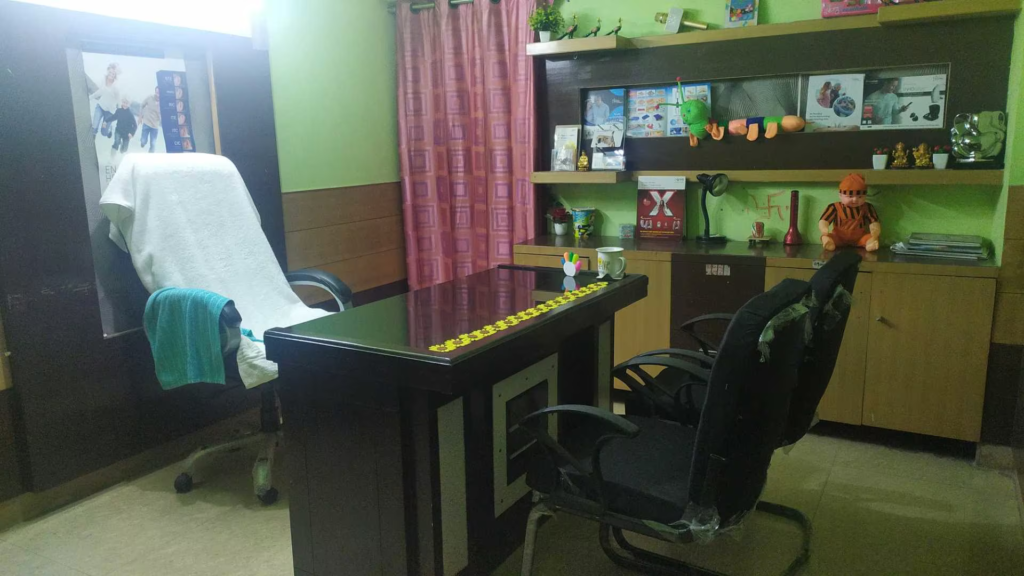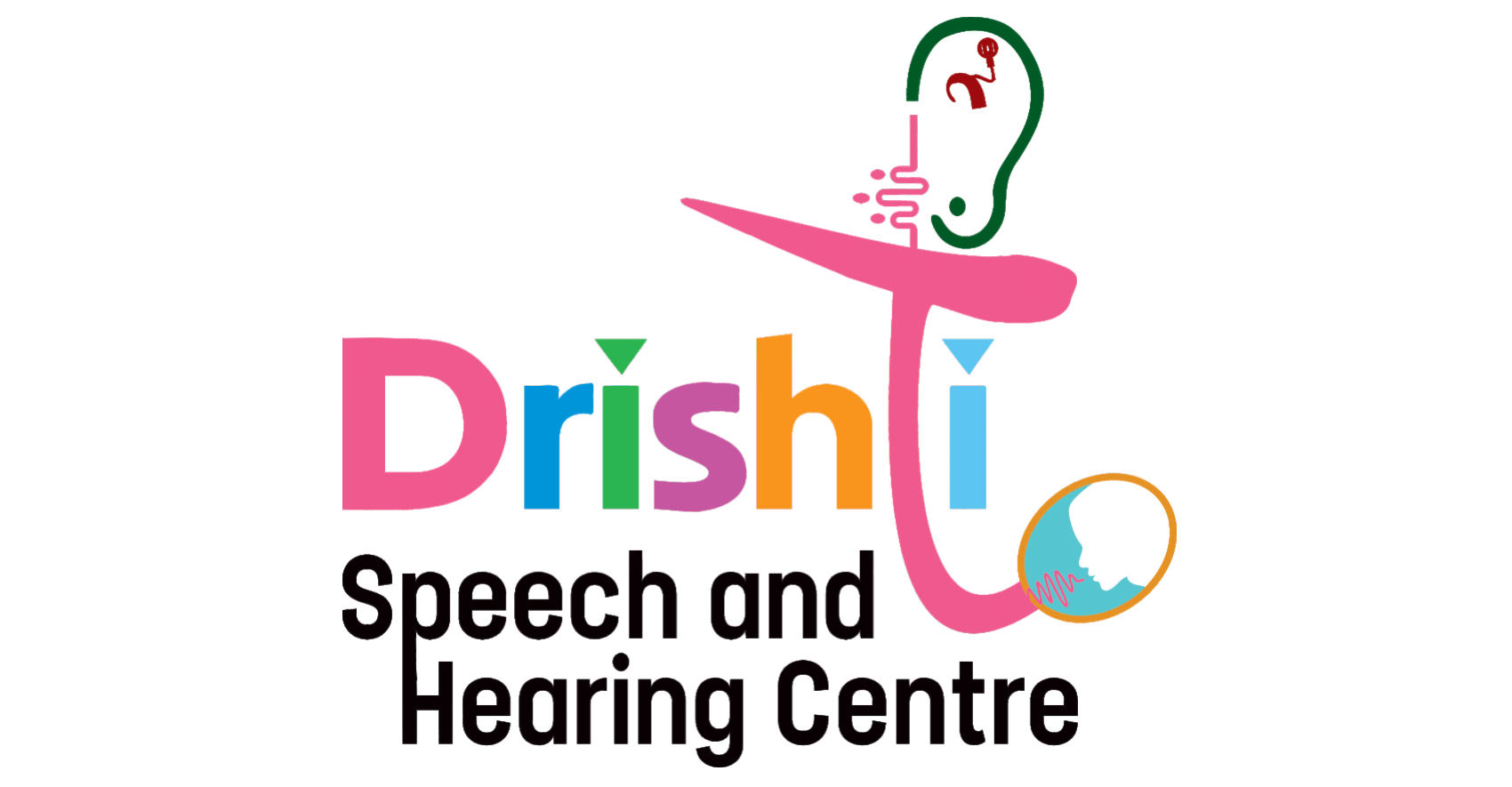Oral Placement Therapy
“Oral Placement Therapy “or OPT therapy for speech teaches oral structural placement to clients who cannot produce or imitate speech sounds using traditional auditory or visual input.
Oral motor therapy is one of the most controversial approaches in speech therapy. It comprises a wide range of approaches that address motor and sensory aspect of speech production and feeding. In very broad terms, these approaches involve using oral motor exercises.
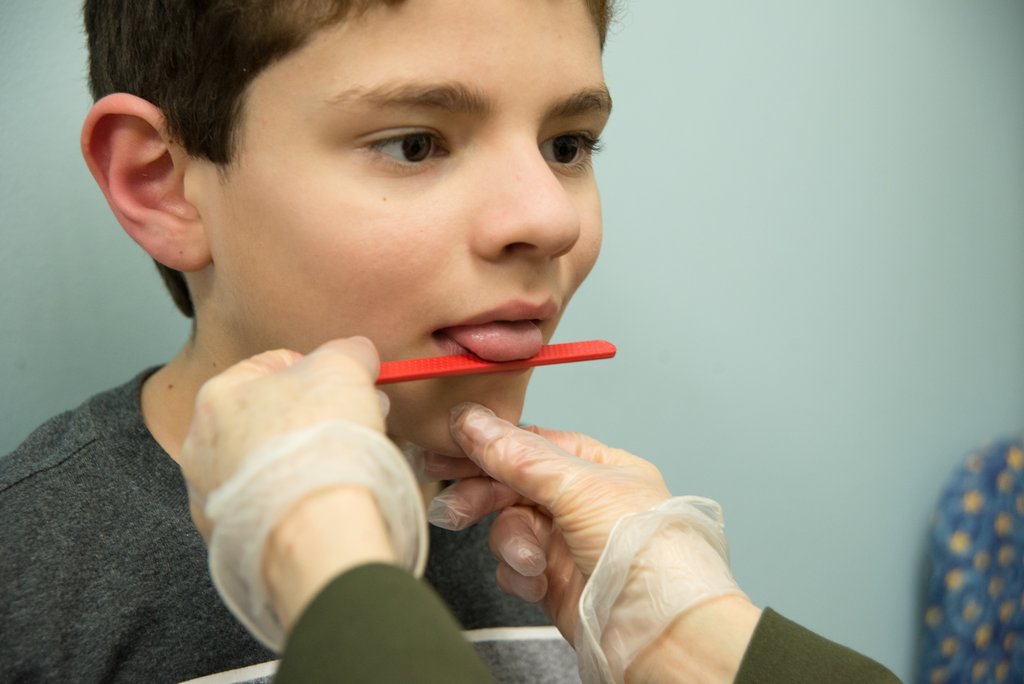
Key Components of Oral Placement Therapy
Oral Placement Therapy is a speech therapy which utilizes a combination of: auditory stimulation, visual stimulation and tactile stimulation to the mouth to improve speech clarity. OPT is an important addition to traditional speech treatment methods for clients with placement and movement deficits.
1. Assessment and Diagnosis: Comprehensive evaluation of an individual’s communication abilities and swallowing function. This may involve standardized tests, observational assessments, and interviews with parents or caregivers.
2. Individualized Treatment Plans: Based on the assessment, SLPs develop personalized therapy plans tailored to the specific needs and goals of the individual.
3. Therapeutic Interventions: Implementing various techniques and exercises to improve communication and swallowing skills.
4. Family and Caregiver Involvement: Educating and involving families and caregivers to support and reinforce therapy goals at home.
5. Progress Monitoring: Regularly assessing the individual’s progress and adjusting the treatment plan as needed.
Benefits of Oral Placement Therapy
Therapeutic benefits include improved speech, sensory integration, enhanced feeding skills, reduced oral habits, increased focus, non-verbal communication facilitation, dental issue prevention, self-regulation.
Improved Communication: Enhances the ability to express thoughts, ideas, and emotions effectively.
Better Social Interaction: Facilitates improved interactions with others and enhances social participation.
Enhanced Academic Performance: Supports language development, which is crucial for learning and academic success.
Increased Independence: Promotes the ability to perform daily activities independently, especially for those with swallowing disorders.
Higher Quality of Life: Reduces frustration and improves overall well-being by addressing communication and swallowing difficulties.
